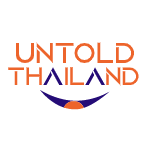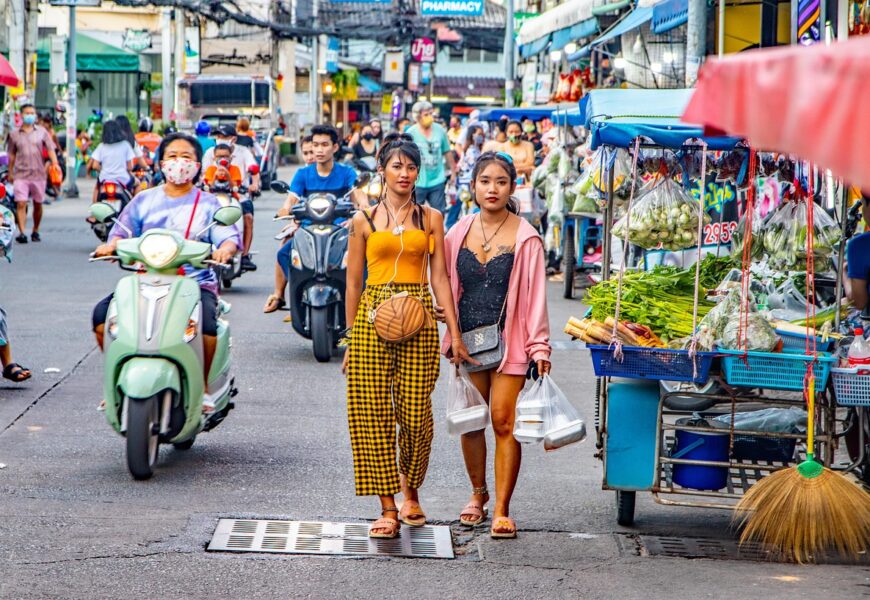Thailand represents a fascinating cultural landscape where women play pivotal roles in society, challenging traditional stereotypes while maintaining deep-rooted cultural traditions. Understanding the complex dynamics of Thai women requires exploring their historical context, contemporary challenges, social expectations, professional achievements, and evolving identities in a rapidly changing global environment. From rural communities to urban centers, Thai women demonstrate remarkable resilience, intelligence, and adaptability across multiple domains of personal and professional life.
Historical Context and Cultural Heritage
Thai women have historically occupied nuanced social positions within Southeast Asian cultural frameworks. Unlike many patriarchal societies, Thai culture traditionally afforded women significant respect and relative economic autonomy. Buddhist philosophical principles emphasized gender balance and individual human dignity, creating unique societal dynamics. Traditional Thai families often recognized women’s economic contributions, with many women managing household finances and participating actively in agricultural and commercial activities.
Anthropological research reveals that pre-modern Thai societies viewed women as essential economic contributors rather than subordinate entities. Women frequently engaged in trade, managed small businesses, and maintained substantial decision-making power within family structures. This historical context laid important groundwork for contemporary gender dynamics, distinguishing Thai social models from more restrictive regional paradigms.
Educational Achievements and Professional Opportunities
Contemporary Thai women demonstrate exceptional educational attainment, consistently outperforming male counterparts in academic environments. Recent statistical data indicates that women comprise approximately 60% of university graduates across Thailand, representing a significant intellectual transformation. Fields like medicine, law, engineering, and business increasingly feature prominent female leadership, challenging traditional gender expectations and creating new professional pathways.
Urban centers like Bangkok showcase remarkable professional diversity, with women occupying leadership positions in government, corporate sectors, entrepreneurial ventures, and technological industries. These achievements reflect broader societal shifts towards meritocratic recognition and gender-inclusive professional environments. Educational investments and changing cultural attitudes have been instrumental in facilitating these transformative developments.
Social Expectations and Family Dynamics
Thai cultural frameworks simultaneously embrace traditional familial expectations and progressive individual aspirations. Women often navigate complex negotiations between familial responsibilities and personal ambitions. While respecting intergenerational family connections remains paramount, younger generations increasingly prioritize personal development, career goals, and individual autonomy. This delicate balance represents a nuanced negotiation of cultural heritage and contemporary global influences.
Marriage and family structures continue evolving, with increasing acceptance of diverse relationship models and personal choices. Urban Thai women particularly demonstrate greater flexibility in relationship dynamics, challenging conventional arranged marriage traditions and exercising more significant personal agency in partner selection and life planning.
Cultural Identity and Global Interactions
Thai women’s cultural identity represents a sophisticated blend of traditional values and cosmopolitan perspectives. International exposure through education, professional opportunities, and technological connectivity has expanded individual worldviews while maintaining core cultural foundations. Language skills, adaptability, and cross-cultural communication emerge as distinctive strengths among contemporary Thai women.
Global perceptions sometimes oversimplify Thai women’s experiences, overlooking their profound complexity and individual diversity. Authentic understanding requires moving beyond stereotypical representations and recognizing the multifaceted nature of individual experiences across different socioeconomic backgrounds, regional contexts, and personal trajectories.
Contemporary Challenges and Empowerment Strategies
Despite significant progress, Thai women continue confronting systemic challenges including workplace discrimination, gender-based wage disparities, and persistent societal expectations. Grassroots organizations, academic institutions, and progressive governmental initiatives increasingly focus on addressing these structural inequities through targeted interventions, legal reforms, and educational programs.
Emerging feminist movements in Thailand emphasize intersectional approaches, recognizing diverse experiences across different social classes, urban-rural divides, and individual backgrounds. These movements prioritize comprehensive empowerment strategies that address economic, social, and psychological dimensions of gender equality.
Contemporary Thai women represent dynamic, multifaceted individuals navigating complex cultural landscapes with intelligence, grace, and strategic adaptability. Their experiences embody remarkable resilience, challenging simplistic narratives and demonstrating profound potential for individual and collective transformation. Understanding their journeys requires nuanced appreciation of historical contexts, cultural complexities, and ongoing societal negotiations toward genuine gender equity and mutual respect.









